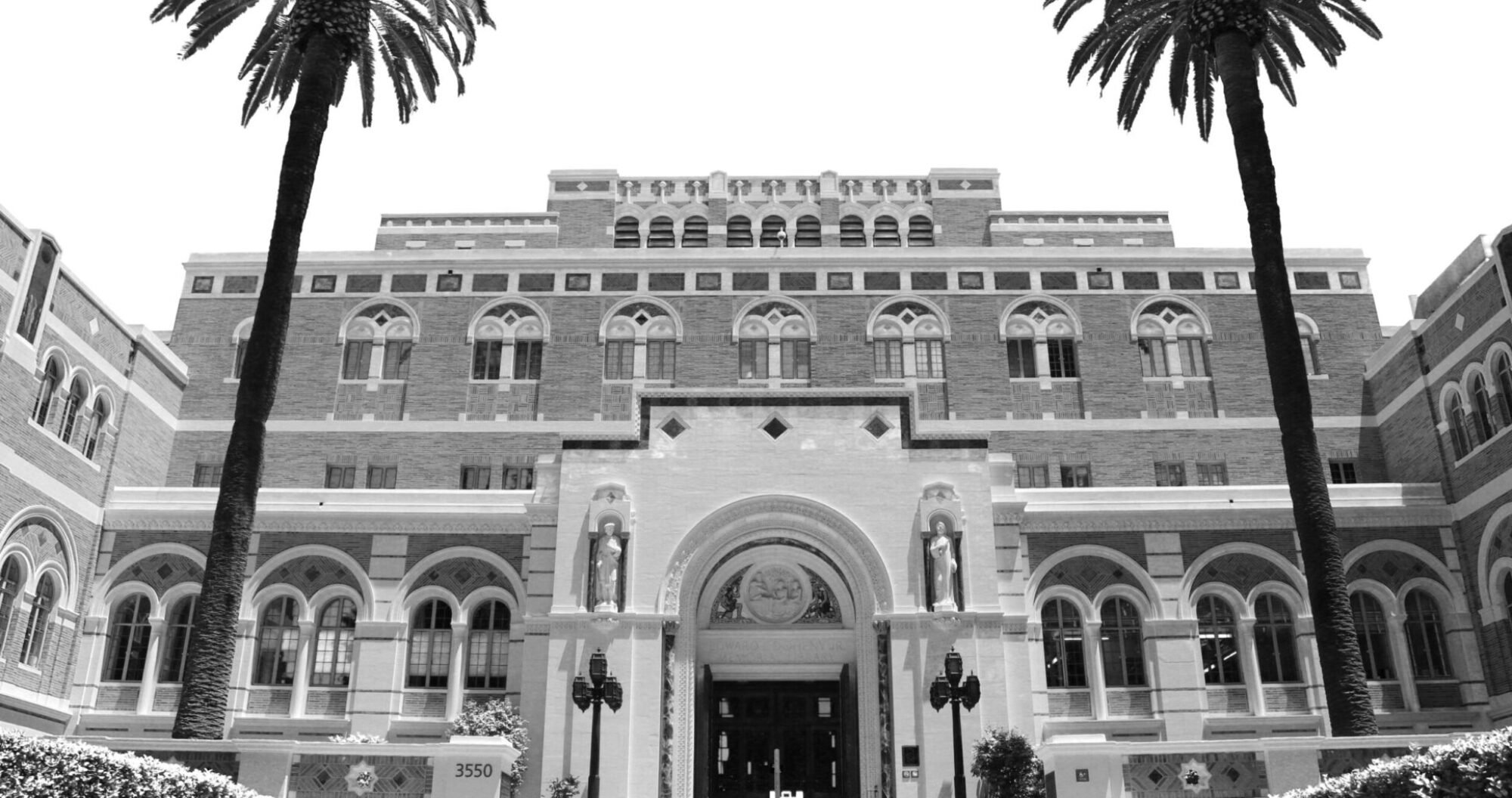STUDENT LIFE GALLERY
Over its 20-year legacy of promoting professional and intellectual growth while advancing an international perspective on social sectors, the International Public Policy and Management (IPPAM) program at the USC Price School of Public Policy has served as a springboard for many global leaders.
Gallery
Images
IPPAM Activities Include:
- Classroom
- Achievements
- Professional Events
- Student Life
- Cultural Events
- Campus
A glimpse into some of our past events:
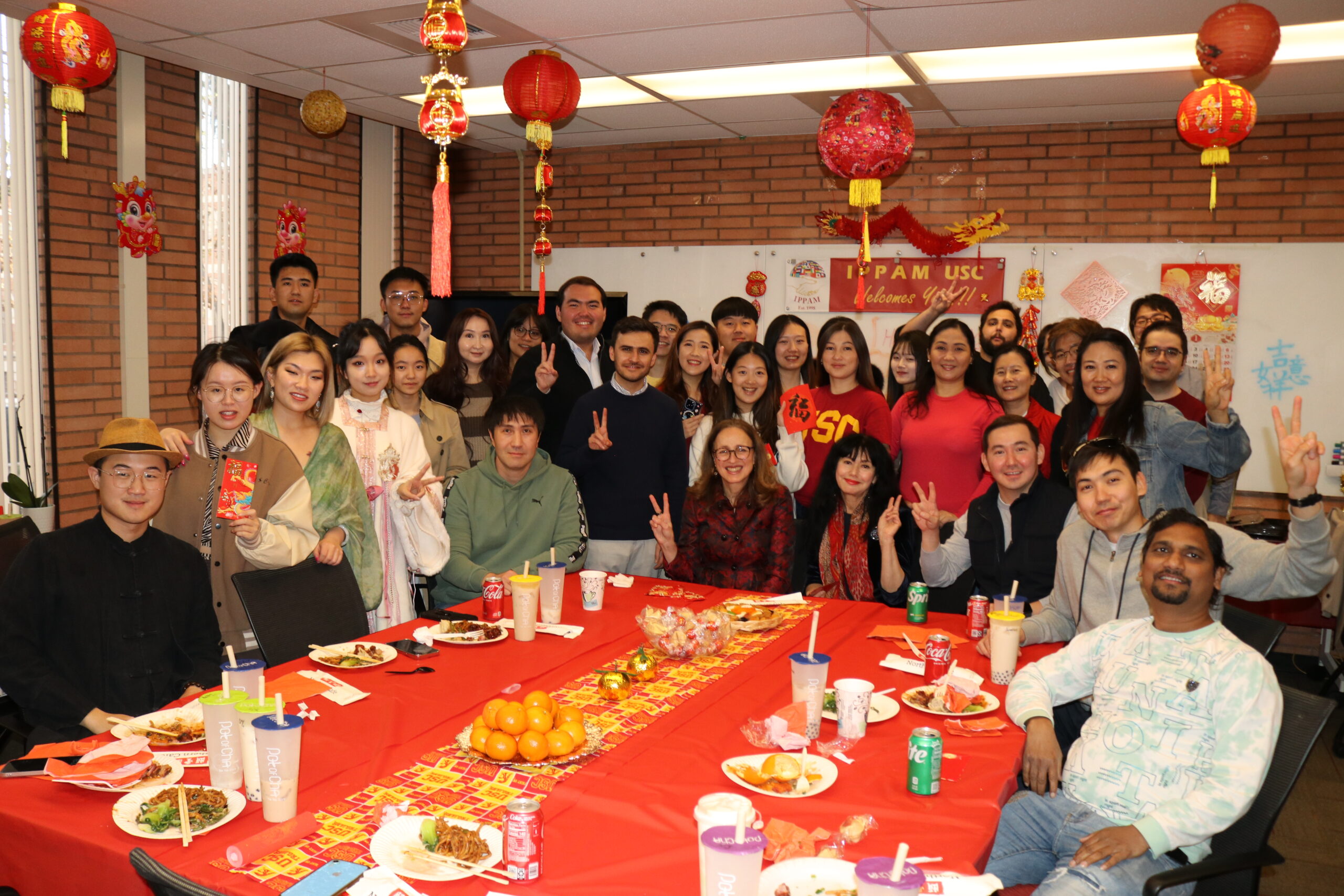
Lunar new year
Lunar new year
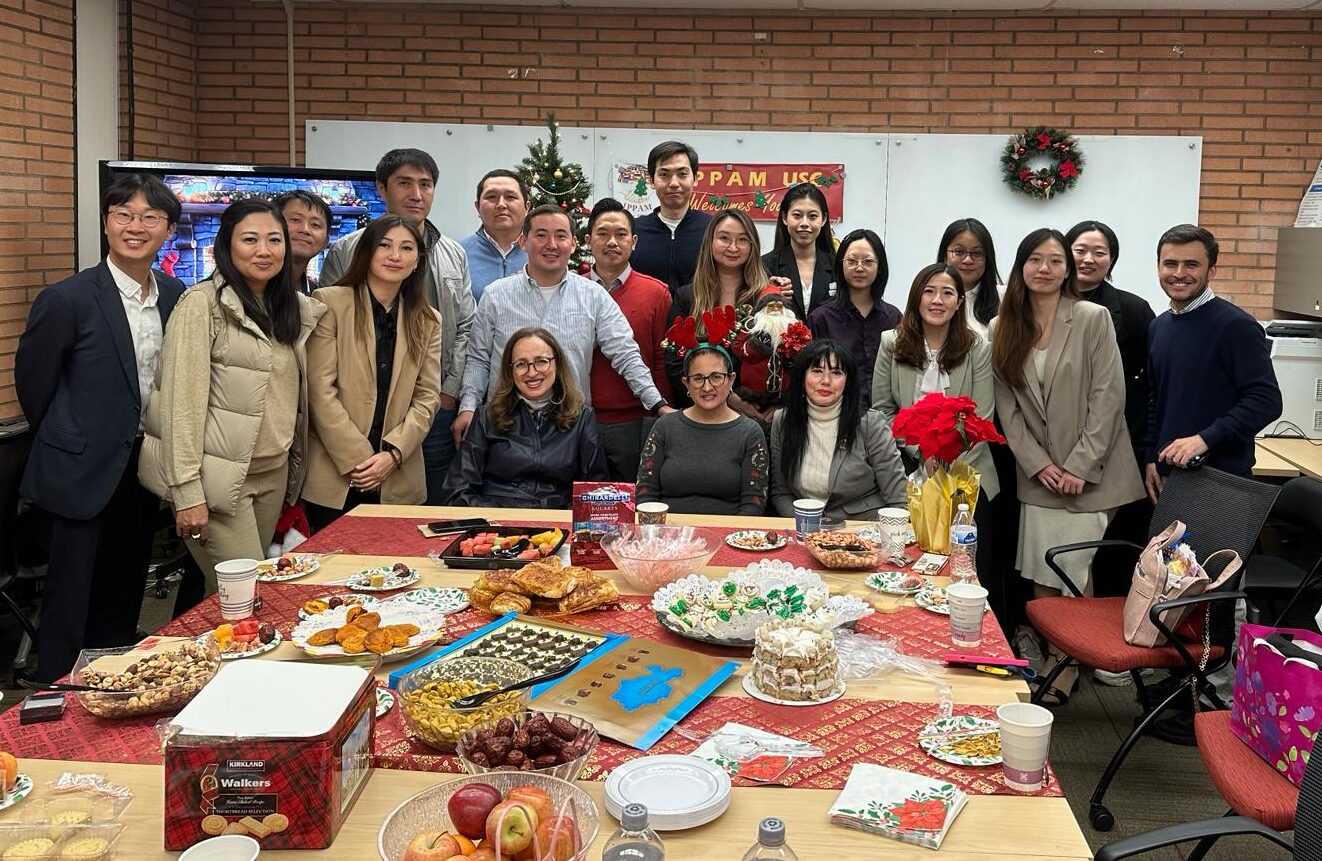
Secret Santa
Secret Santa
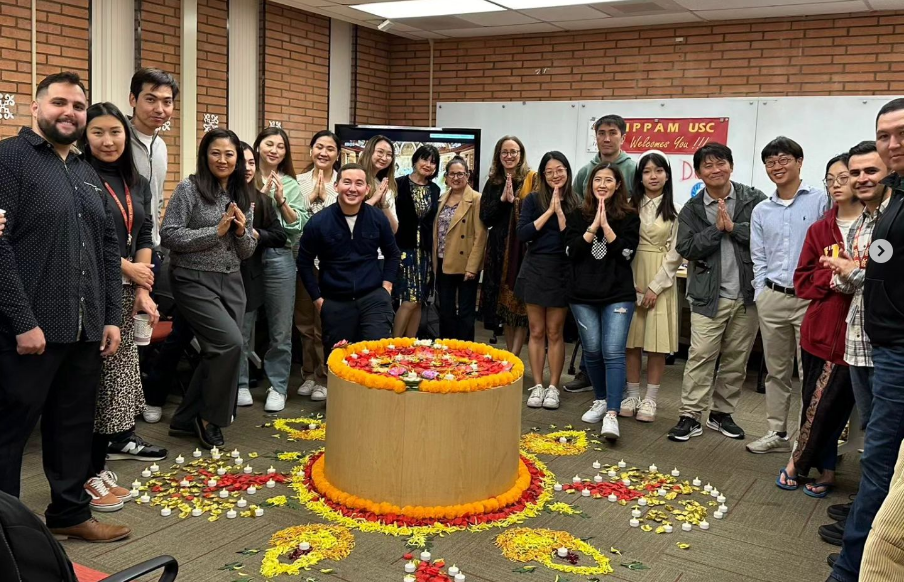
Diwali
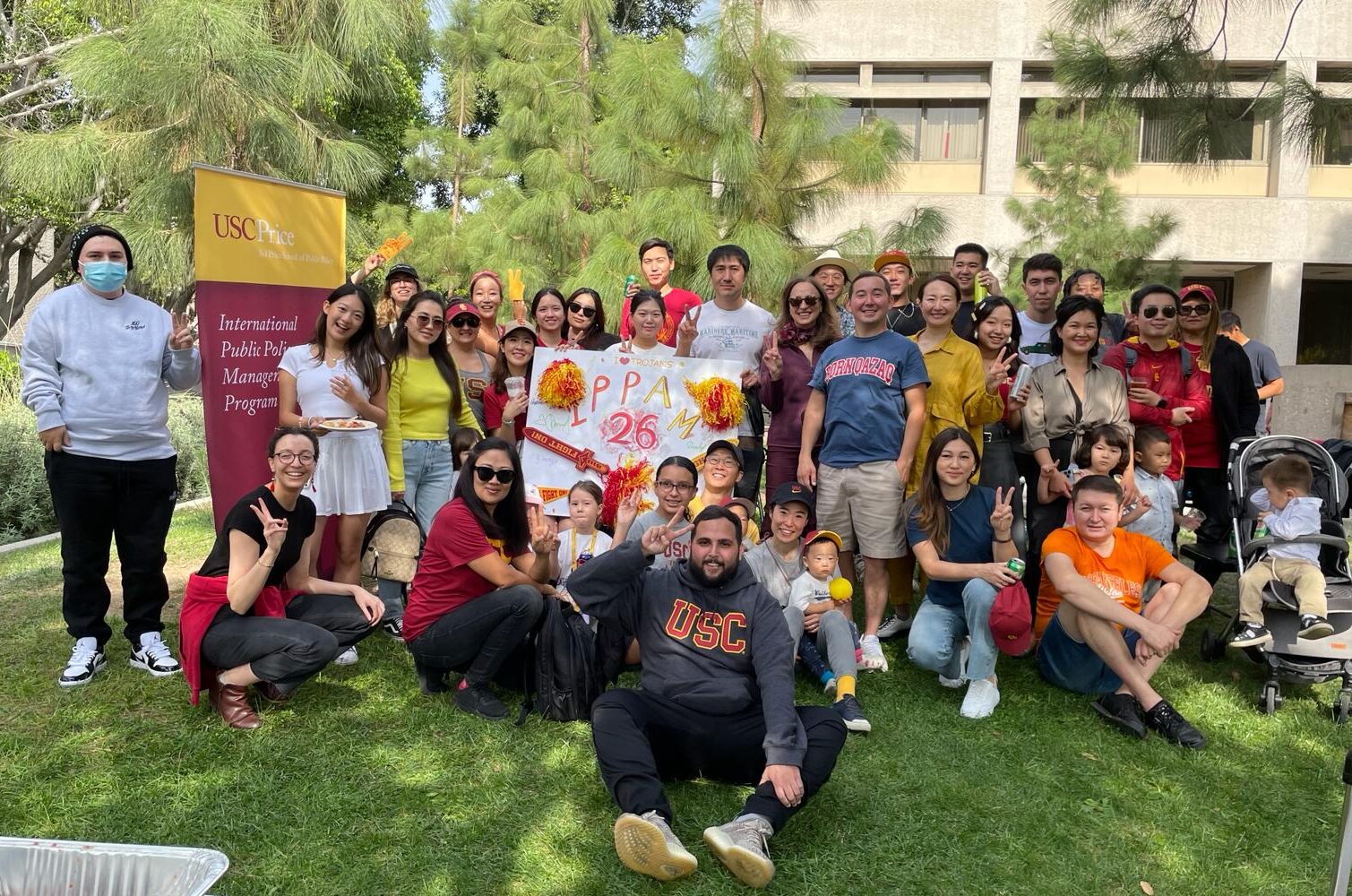
Tailgate
Tailgate
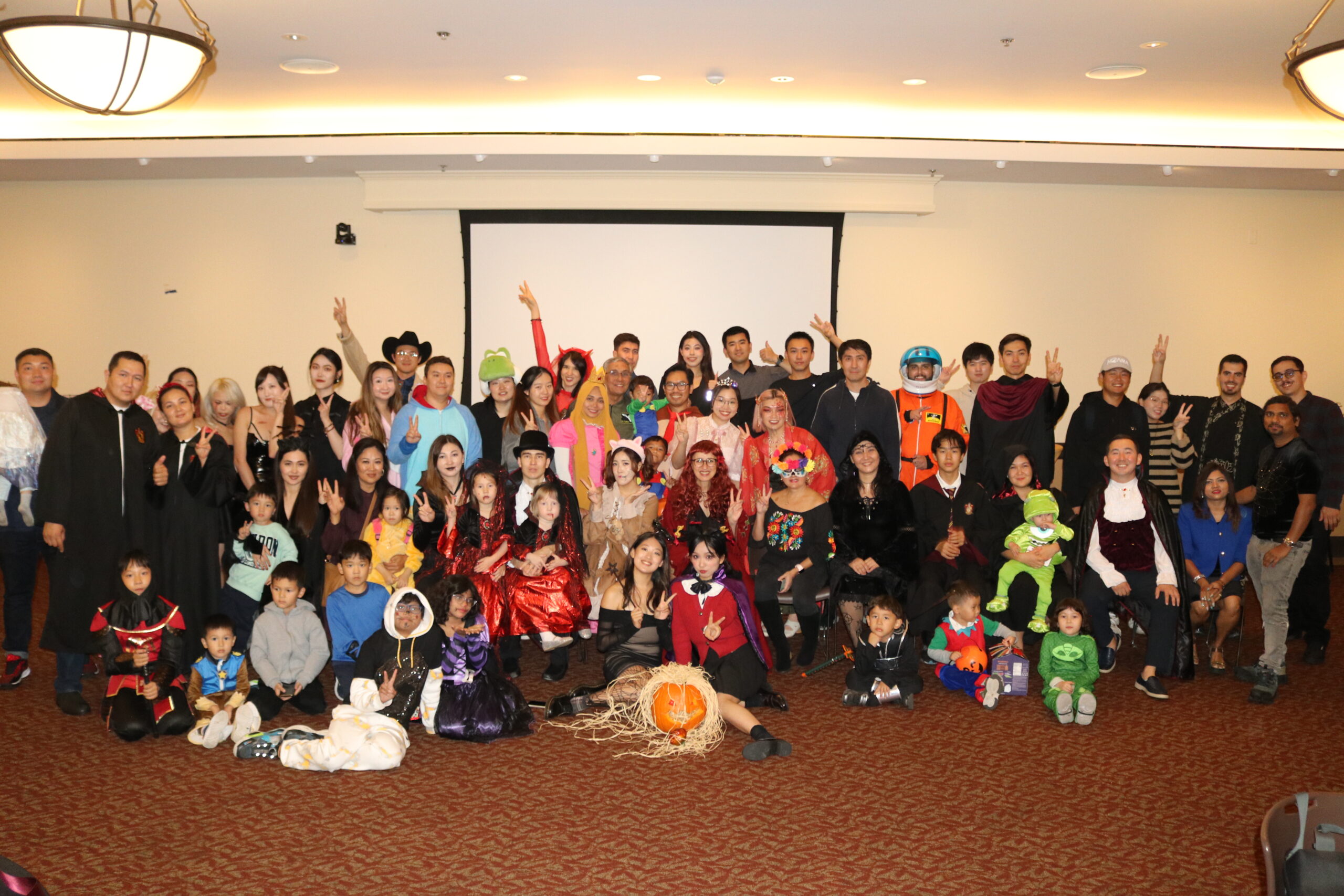
Halloween Party
Halloween Party

Moon Cake Festival
Moon Cake Festival
